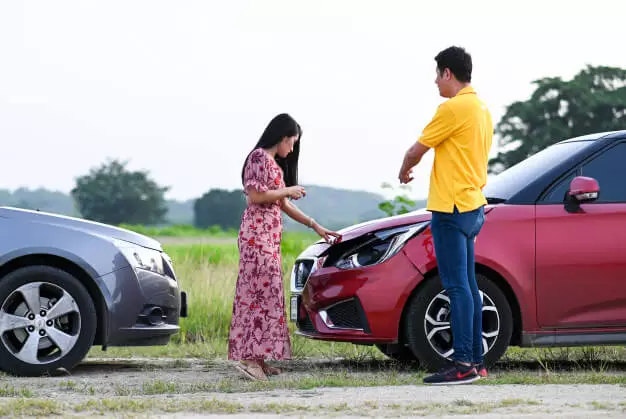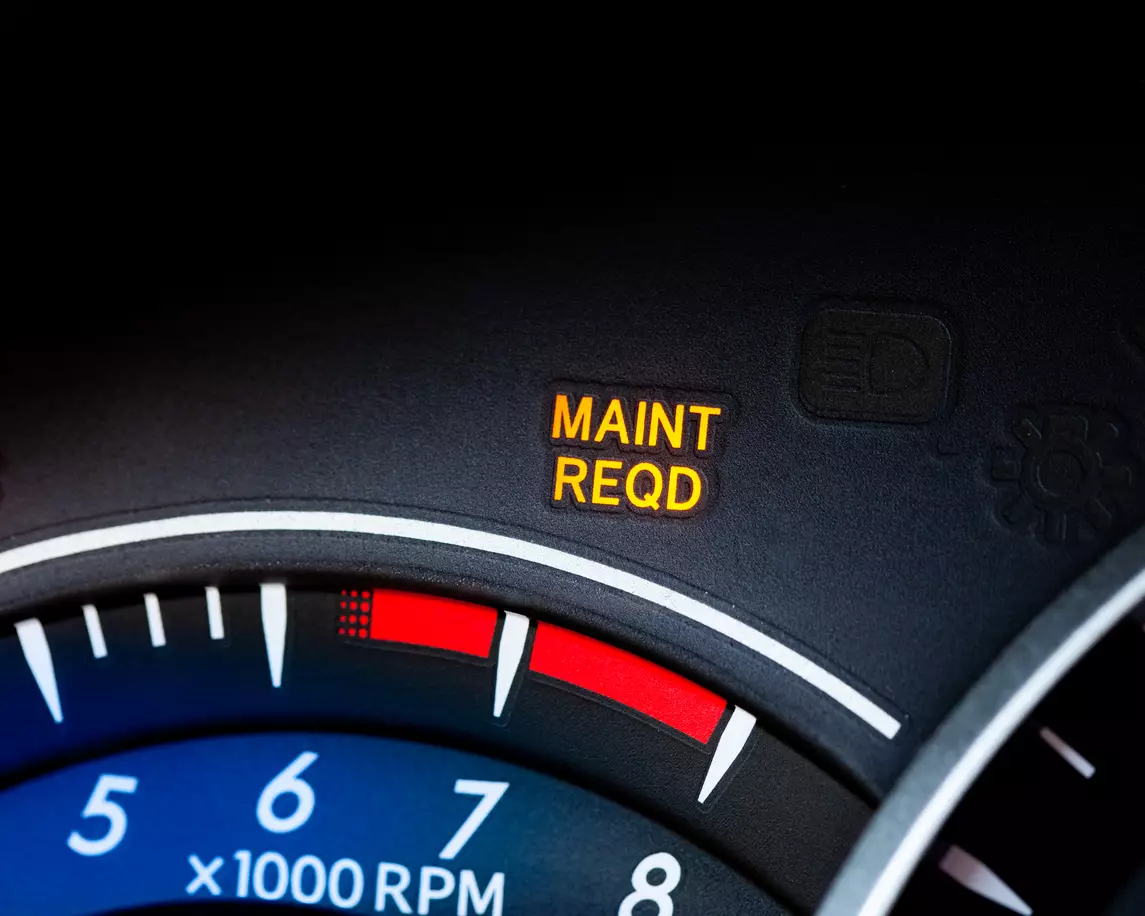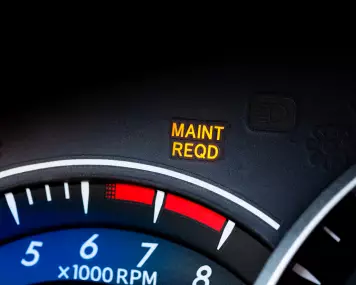
You have most likely heard the term “fender bender” before but let’s take a deep dive into what it really means, what to do if you get into one, and how it may affect your insurance and driving record.
Fender Bender Meaning
A fender bender is a minor car accident that usually occurs at low speed, which causes little or no damage to either car. An example would be a “rear-ender” where someone stopped at a light fails to go when the light turns green, but the person behind them steps on the gas and hits the back of their car. The reason it is called a fender bender is that the damage usually involves the fender area.
Another example may be when someone in front of you stops quickly, and you cannot stop fast enough without hitting their vehicle. When someone backs out of a parking space in a parking lot and hits another car, that too would classify as a fender bender. If someone hits a parked car, that would be another example.
What Happens if You are in a Fender Bender?
Even though a fender bender may cause only minor damage, you should treat it like any car accident and take the exact same steps you would take with a regular accident. To avoid any legal hassles down the road, it is best to involve the police and alert your insurance company as soon as possible.
Typically, in a fender bender, due to low speeds, there are rarely any injuries, although someone could sustain a head or neck injury such as whiplash.
What to Do When You Get in a Fender Bender?
Even a minor fender bender is no fun and you should take a few specific steps to ensure that you, your car insurance company and your vehicle are covered. Review the list of things to do during a fender bender and after a fender bender.
What to Do in Fender Bender?
The first step is to try and remain calm. You may be unnerved and even angry if someone hits and damaged your car. But it will not help the process if you are screaming or worked up. Take a few slow deep breaths to calm down.
Next, assess whether you or anyone else is hurt even superficially. If you are, get medical attention immediately by calling 911. Pay close attention to your head, neck, arms, and legs.
If you can, safely pull off to the side of the road while dealing with the situation.
Once you know that you and everyone else is okay, exchange information with the other driver. Be sure to get their full name, address, phone number, license plate number, and driver’s license information. You should also ask them for their car insurance information. Do not apologize, even if you are the one who hit their car. You could later be sued, and you do not want to provide any evidence until the matter has been resolved. Instead, simply ask them if they are okay.
Is a Fender Bender a Big Deal?
Take notes and take as many photographs of the accident scene as possible. When it comes to legal battles or car accidents, you cannot be too careful. You will want to have as much information as possible. If there were any eyewitnesses, get their contact information and record their statements using your phone. Be sure to document the damage as quickly as possible. Your insurance company may also need to come and assess the situation.
Remember to write down street names, the exact location, and the make, model, and color of the other vehicle. Take a picture of their license plate for police should you need it later. You can also sketch out a diagram of the incident and roads and how you perceive that it happened.
Contact your insurance company as soon as possible. They will need to send out an adjuster to evaluate the damage so you can file an insurance claim and get your vehicle fixed. Some auto insurance companies have apps where you can contact them directly through your cell phone.
Call the police and file a police report. An officer will come to the scene and take statements and photos. In some states, it is the law, and no matter how small the accident, you must contact the police. To have the accident documented properly, it’s always best to contact the police and let them file a report. It may also help in the case of fraud or insurance issues. Cover yourself by having the police involved.

What to Do After a Fender Bender?
Once you return home, you should keep an eye on any injuries to be sure you are not hurt seriously.
If your state requires it, you may also have to contact the Department of Motor Vehicles (DMV) and report the car accident. Driving records often contain information about accidents. Some accidents will incur points on your driver’s license.
After your insurance company assesses the damage, you can call the repair shop to schedule to get your car fixed. Wait until you provide them with an estimate, and they approve it, or they may not pay. You will be stuck paying out of pocket. Keep in mind that the accident may affect your insurance policy and your insurer may increase your rates. You will have to pay your deductible before any claims are paid out.
If you were hit by a distracted driver and suffered any serious injuries, you might have a legal case, you may also contact your personal injury lawyer. Some law firms specialize in these types of situations.
Tips to Prevent a Fender Bender
With a little careful planning and mindful driving, most fender benders are avoidable. Follow these tips below to try to avoid fender benders and all other types of vehicle accidents.
- One of the biggest reasons that accidents happen is distracted driving. Turn off your cell phone and make sure you keep your eyes on the road and be aware of all other motorists around you. state laws prohibit distracted behavior while driving.
- Pay close attention to traffic lights and signs. Follow all road rules and do not try to beat a yellow light.
- Do not tailgate other vehicles or follow anyone too close. If they need to stop quickly, you need at least one car length between you to safely stop, also depending on speed.
- When the weather is poor road conditions could worsen, take extra caution and drive slower and farther away from other cars. If there is ice and snow, you may have less control over the vehicle.
Also, make sure your vehicle is up to date with recalls, safety issues, and regular maintenance. Have a certified auto mechanic evaluate it for any problems that may cause accidents.




















